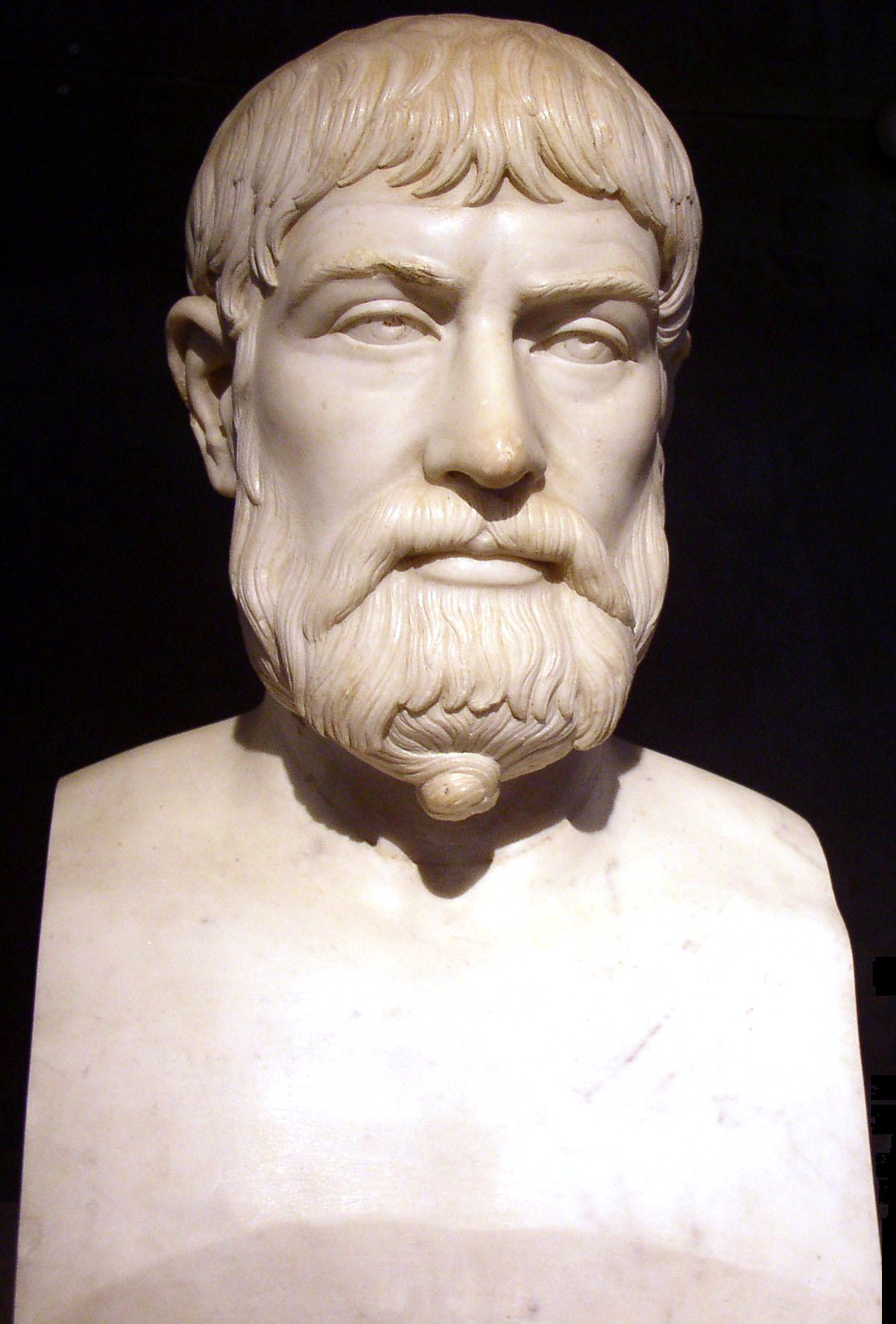Píndaro Frases famosas
“Muitas vezes o silêncio é a coisa mais inteligente que um homem pode ouvir.”
Fonte: http://www.caras.uol.com.br - 5 de novembro de 2009 - EDIÇÃO 835 - Citações http://caras.uol.com.br/citacoes/edicoes/835/muitas-vezes-o-silencio-e-a-coisa-mais-inteligente-que-um-homem-pode-ouvir/
Citações de vida de Píndaro
“Minha alma não aspira à vida imortal, mas esgota o campo do possível.”
Variante: Oh, minha alma não aspira à vida imortal,
mas esgota o campo do possível.
Fonte: Coletânea de Pensamentos http://www.espirito.org.br/portal/artigos/diversos/frases/coletanea-02.html
Píndaro frases e citações
“Não banho as minhas palavras
na mentira; a acção é o controle de todo o homem.”
Variante: Não banho as minhas palavras
na mentira; a ação é o controle de todo o homem.
Píndaro: Frases em inglês
οὔ τοι ἅπασα κερδίων
φαίνοισα πρόσωπον ἀλάθει᾽ ἀτρεκής·
καὶ τὸ σιγᾶν πολλάκις ἐστὶ σοφώτατον ἀνθρώπῳ νοῆσαι.
Nemean 5, line 16-8; page 222. (483 BC?)
“Creatures of a day! What is a man?
What is he not? A dream of a shadow
Is our mortal being.”
Pythian 8, line 95-8; pages 162-3. (446 BC)
Contexto: Creatures of a day! What is a man?
What is he not? A dream of a shadow
Is our mortal being. But when there comes to men
A gleam of splendour given of Heaven,
Then rests on them a light of glory
And blesséd are their days.
“But if a man shall hope in aught he does
To escape the eyes of god, he makes an error.”
Olympian 1, line 63; page 6
Olympian Odes (476 BC)
“Whoever knows many things
By nature is a poet.”
Olympian 2, line 87; page 16; the Greek simply says:
"wise is one who knows much by nature," but σοφός is Pindar's usual word for poet.
Variant translations:
Inborn of nature's wisdom
The poet's truth.
Olympian Odes (476 BC)
Ἄριστον μὲν ὕδωρ, ὁ δὲ χρυσὸς αἰθόμενον πῦρ ἅτε διαπρέπει
νυκτὶ μεγάνορος ἔξοχα πλούτου.
Olympian 1, line 1-2; page 1
Closer translation:
Best is water, but gold stands out blazing like fire
at night beyond haughty wealth.
Olympian Odes (476 BC)
γλυκύ δ᾽ἀπείρῳ πόλεμος.
πεπειραμένων δέ τις ταρβεῖ προσιόντα νιν καρδία περισσῶς.
Fragment 110; page 377.
Variant translations: This phrase is the origin of the Latin proverb "Dulce bellum inexpertis" which is sometimes misattributed to Desiderius Erasmus.
War is sweet to them that know it not.
War is sweet to those not acquainted with it
War is sweet to those who do not know it.
War is sweet to those that never have experienced it.
War is delightful to those who have had no experience of it.
“Do not yearn, O my soul, for immortal life!
Use to the utmost
the skill that is yours.”
Pythian 3, line 61-62.
Variant translation: Seek not, my soul, immortal life, but make the most of the resources that are within your reach.
“Days to come will prove the surest witness.”
ἁμέραι δ᾽ ἐπίλοιποι
μάρτυρες σοφώτατοι.
Olympian 1, line 33-4; page 4
Olympian Odes (476 BC)
“Become such as you are, having learned what that is”
Pythian 2, line 72.
Variant translations:
Be what you know you are
Be true to thyself now that thou hast learnt what manner of man thou art
Having learned, become who you are
